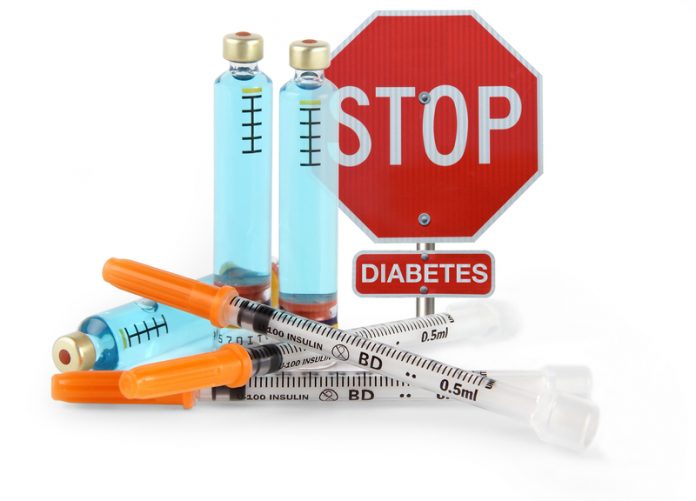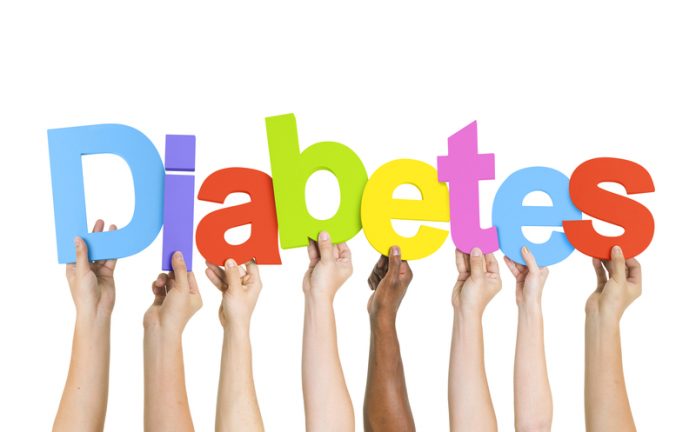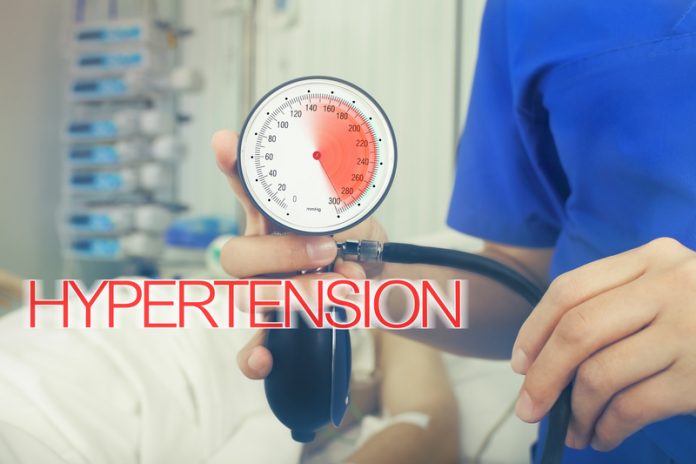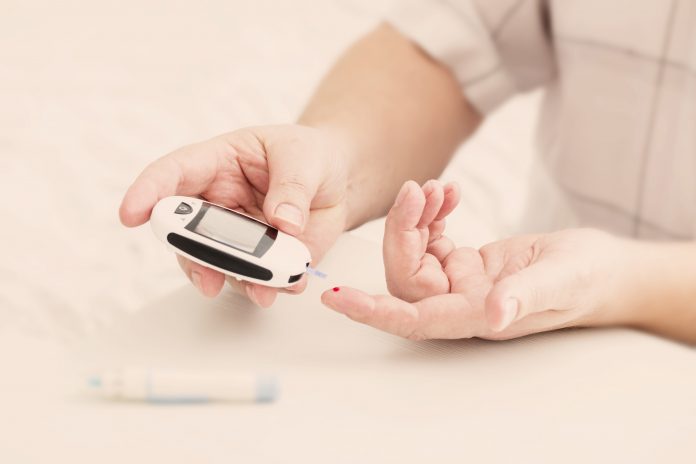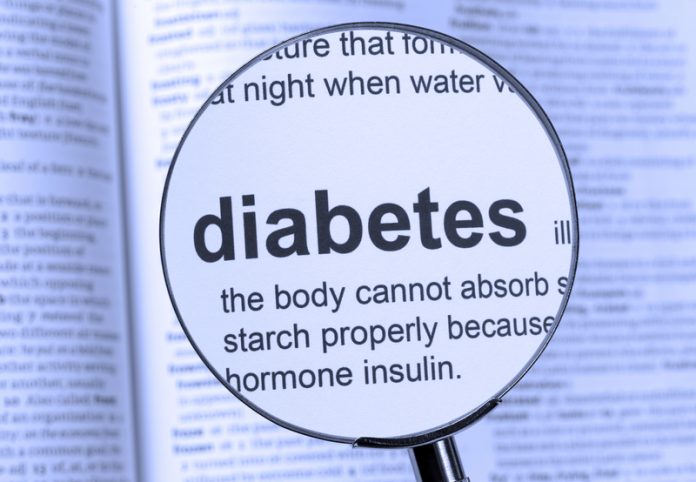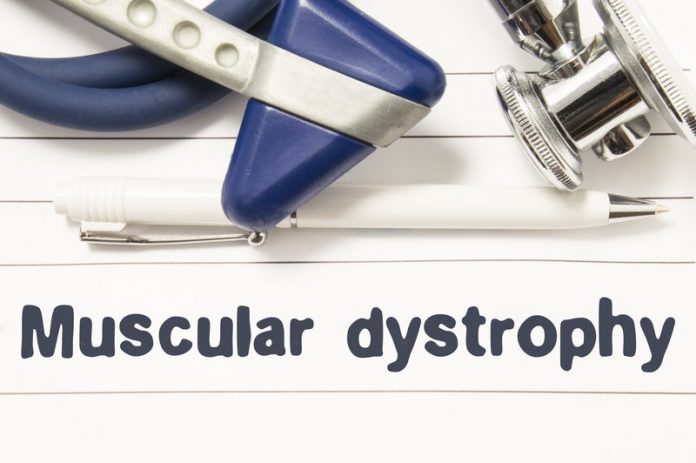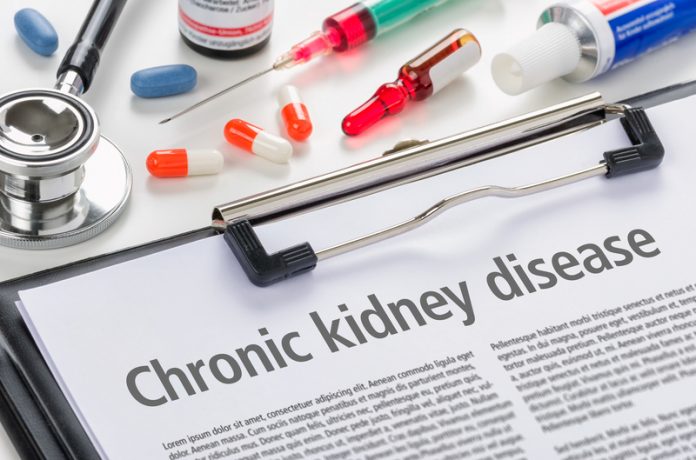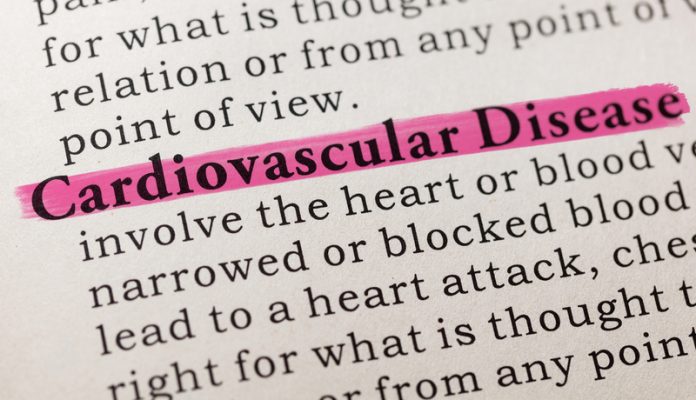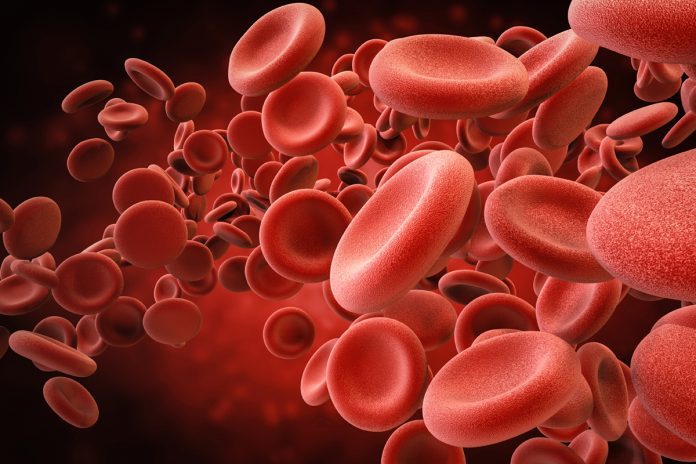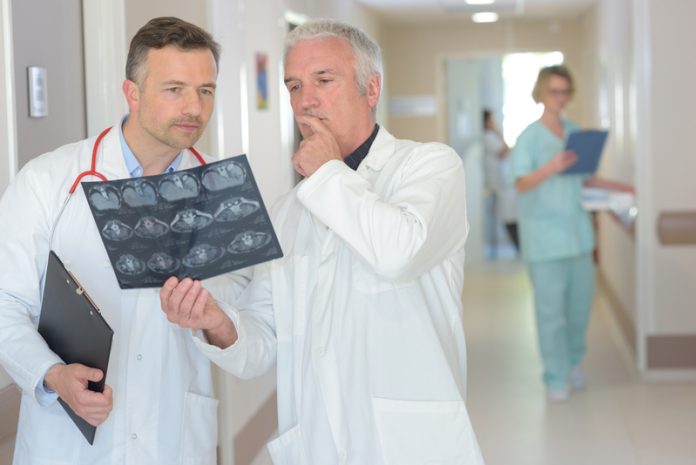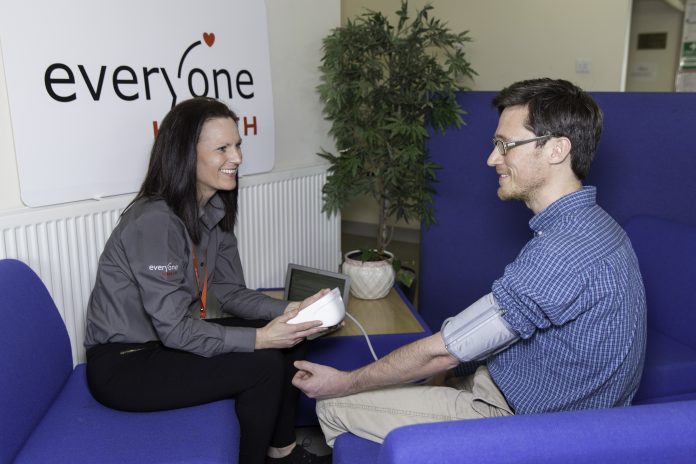Open Access Government produces compelling and informative news, publications, eBooks, and academic research articles for the public and private sector looking at health, diseases & conditions, workplace, research & innovation, digital transformation, government policy, environment, agriculture, energy, transport and more.
Home Search
stroke - search results
If you're not happy with the results, please do another search
Type 2 diabetes in the UK: Priorities for improving patient care
Professor John Wilding from the University of Liverpool charts priorities for improving patient care in the UK when it comes to the prevalent condition, Type 2 diabetes
Why Canada urgently needs a national strategy to tackle the diabetes epidemic
Kimberley Hanson, Director of Federal Affairs at Diabetes Canada argues that the country urgently needs a national strategy to tackle the diabetes epidemic
NHS England Diabetes Prevention Programme
NHS England’s Diabetes Prevention Programme is placed under the spotlight by Open Access Government
Medical and pharmaceutical statistics research: Professional development courses
Prof Thomas Jaki from the Medical and Pharmaceutical Statistics Research Unit at Lancaster University provides an overview of the professional development courses offered at the unit
World No Tobacco Day: The effects on your heart
Many people don’t realise the harm that tobacco use does to the heart, a leading cardiologist has warned
New Clean Air Strategy to be launched by Environment Secretary Michael Gove
Later today Environment Secretary Michael Gove will publish a Clean Air Strategy which aims to cut air pollution and save lives, backed up through new primary legislation
World Hypertension Day: Blood pressure screening could prevent millions of premature deaths
The chief cardiologist at the United States’ top-ranked heart hospital has praised a campaign to ensure fair access to blood pressure screening, saying it could prevent millions of premature deaths every year
Diabetes: The fastest growing health crisis of our time
Head of Policy, Knowledge and Insight at Diabetes UK, Robin Hewings sheds light on the condition of diabetes in the UK today.
The emergence of personalised e-health care
CEO of Liva Healthcare, Kristoffer From explains the emergence of personalised e-health care and asks if e-health can close the gap between doctors and diabetic patients
Diet and health: A complex relationship
Senior Scientist at the British Nutrition Foundation (BNF), Dr Lucy Chambers, offers food for thought, by detailing the complex relationship between diet and health
Arthritis, musculoskeletal and skin diseases including muscular dystrophy
The work of the National Institute of Arthritis and Musculoskeletal and Skin Diseases, including muscular dystrophy (MD), is placed under the spotlight by Open Access Government
Caring for our kidneys – findings from the Chronic Kidney Disease (CKD) Audit
The topic of Chronic Kidney Disease (CKD) is placed under the spotlight by experts from the London School of Hygiene and Tropical Medicine, the Primary Care Cardiovascular Society and the charity Kidney Care UK.
Research suggests neurodegenerative disorders may speed up ageing process
Scientists from the National Institutes of Health (NIH) compared the genetic clocks of normal and mutant flies to understand the link between neurodegenerative disorders such as Alzheimer’s disease and the ageing process
New brain research provides insight into how circuits regulate sleep
As Brain Awareness Week continues, new NIH-funded research suggests a part of the brain’s internal clock constantly monitors changes in external temperature
Local authorities to combat cardiovascular disease with free NHS checks
Chief Executive Duncan Selbie has called on local authorities to ensure that all local residents eligible for a free NHS Health Check get an invite – to help tackle the one in four premature deaths in the country caused by cardiovascular disease (CVD).
The NHS Health Check is free for...
How hypnosis could help the UK become a healthier nation
Research has found that the UK has the unhealthiest diet in Europe, consuming junk food that is as addictive as hard drugs but, hypnosis could be the key to eating healthier
The UK currently consumes more processed food than Portugal, and four times higher than France, Greece or Italy.
50% of...
Sam Gyimah announces £70 million funding to help develop new medical treatments
Industrial strategy boost will help speed up the development of new medical treatments with £70 million funding
The £70 million of funding will be used to create new manufacturing centres to help speed up the development of new medical treatments according to new Science Minister, Sam Gyiamah.
The money forms part...
RELEVANCE of red blood cells and why do we care about them
Anna Bogdanova from University of Zurich lifts the lid on the vital role of red blood cells in keeping the human brain running and heart beating
Billions of red blood cells run in our veins providing us with oxygen. They keep our brain running, heart beating and muscles bringing us...
Improving the health and wealth of the UK through research
The National Institute for Health Research (NIHR) aims to improve both the health and wealth of the UK by means of research, as Open Access Government’s Editor Jonathan Miles discovers
National Institute for Health Research (NIHR) is funded by the UK’s Department of Health and ultimately aims to improve both...
Can leisure centres hold the key to success for rehabilitation?
Ellen Rowles from Action PR highlights how local community leisure centres play a key role in rehabilitation and ease the burden on GPs
A growing amount of evidence has shown that the average workload for GPs has increased 16% over the past seven years resulting in GPs resigning at a...


